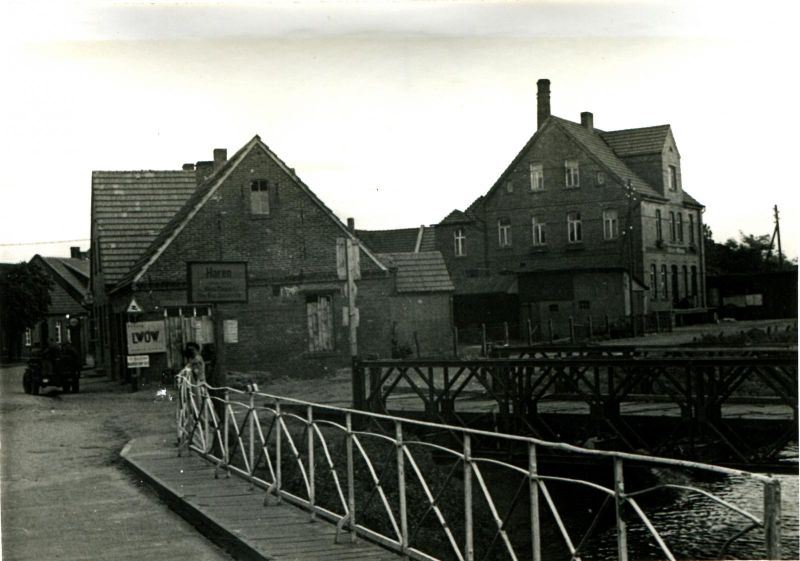Maczków. A Polish enclave in North Germany
Mediathek Sorted
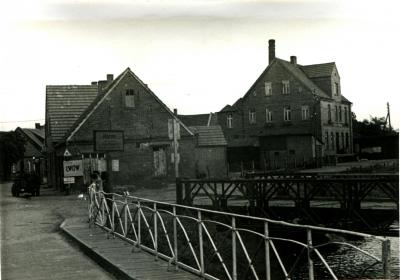

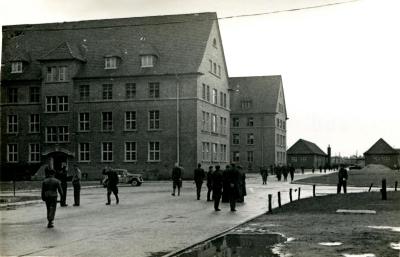
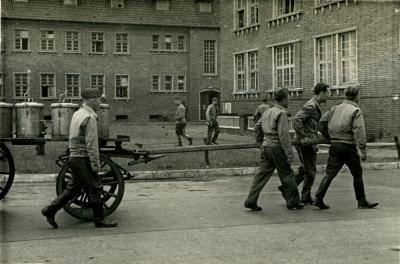
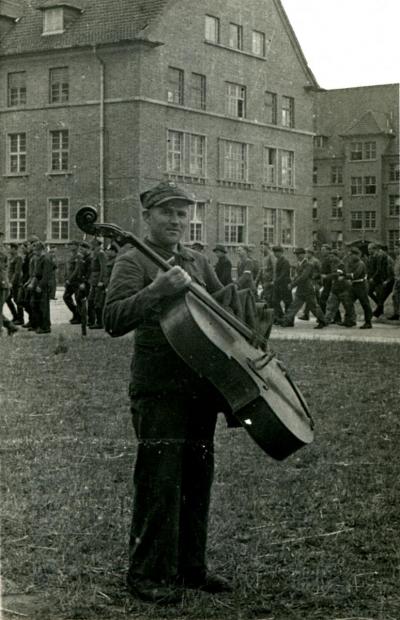
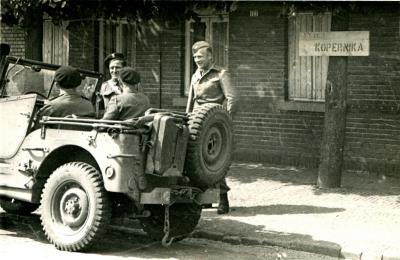
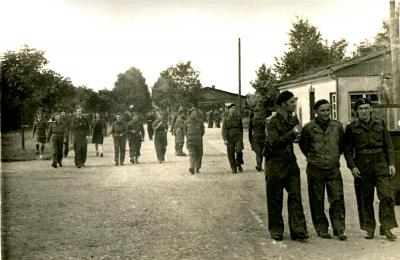
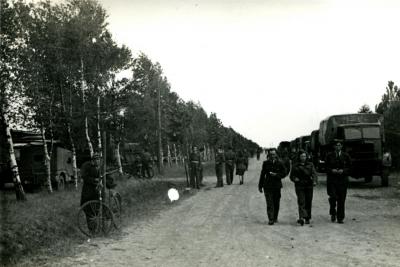
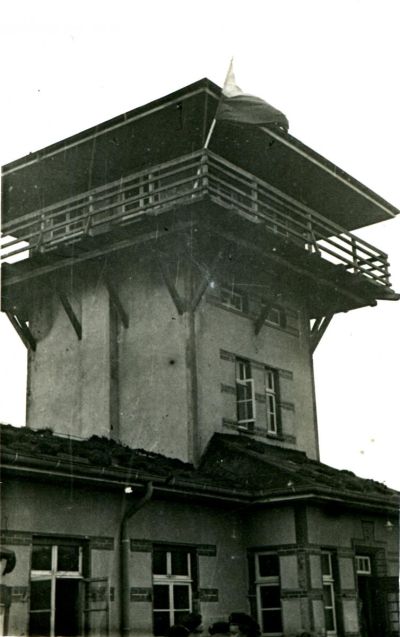
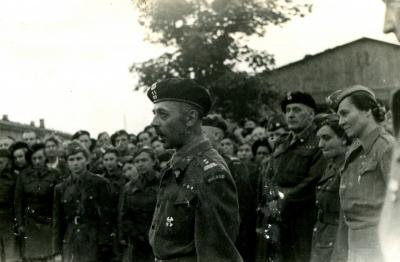
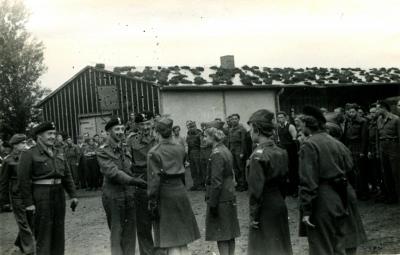
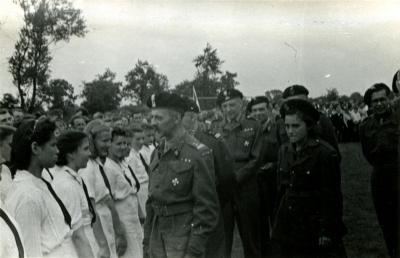
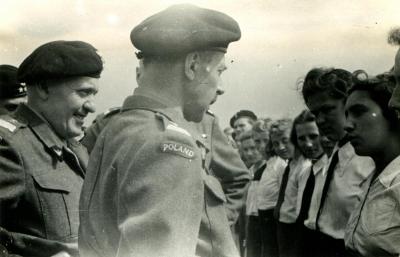
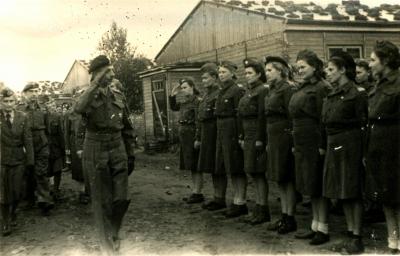
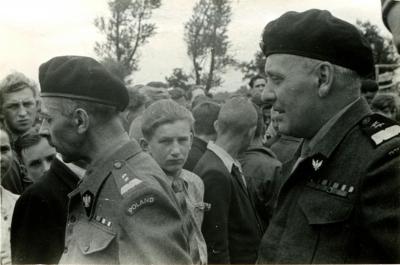
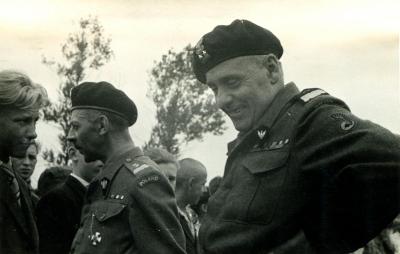
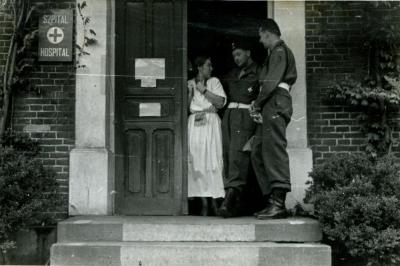
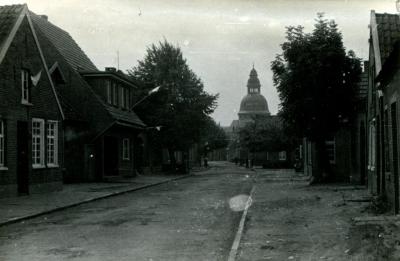
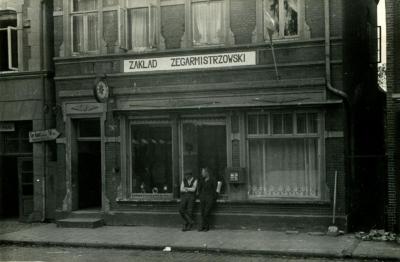
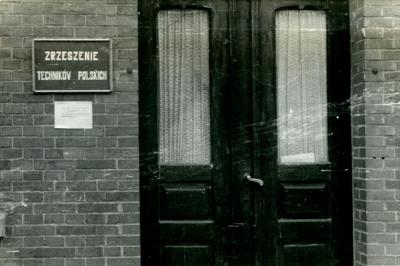
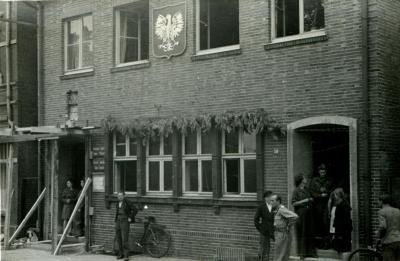
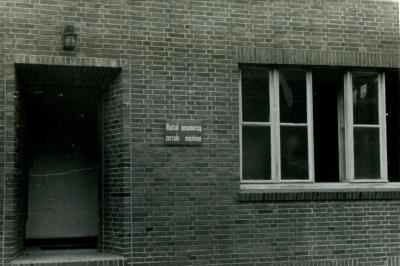
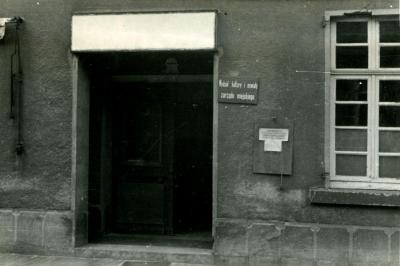
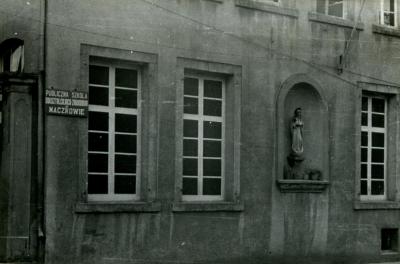
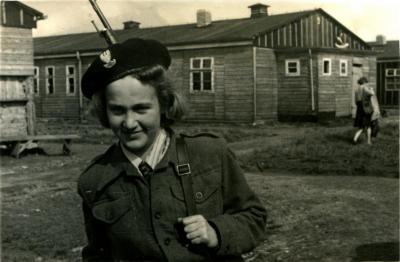
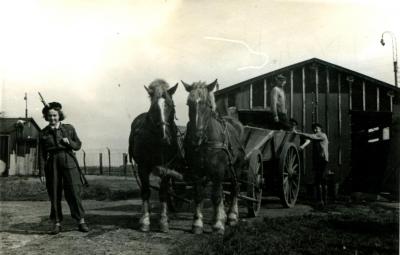
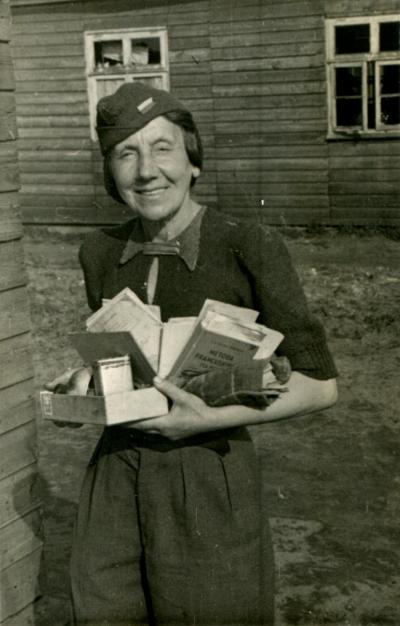
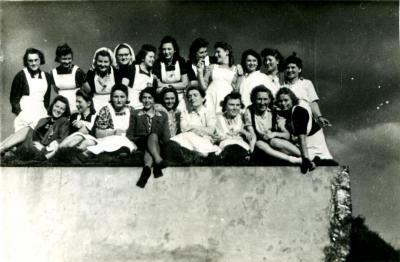
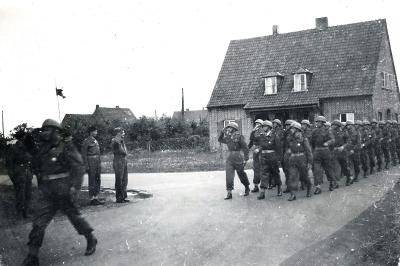




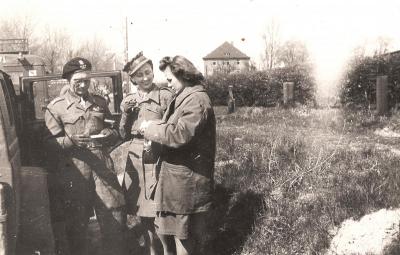
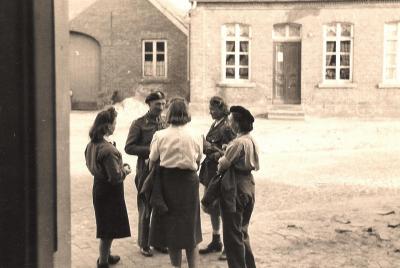
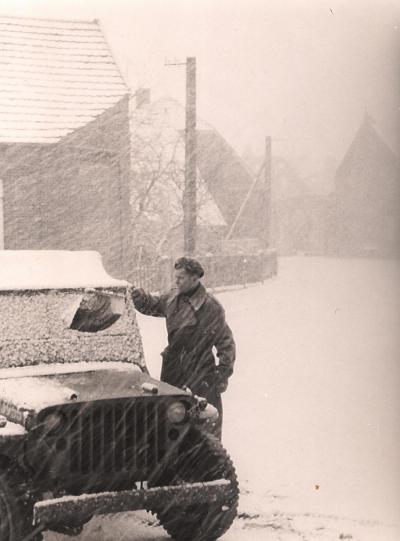

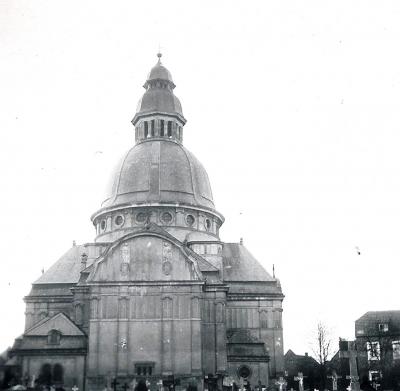
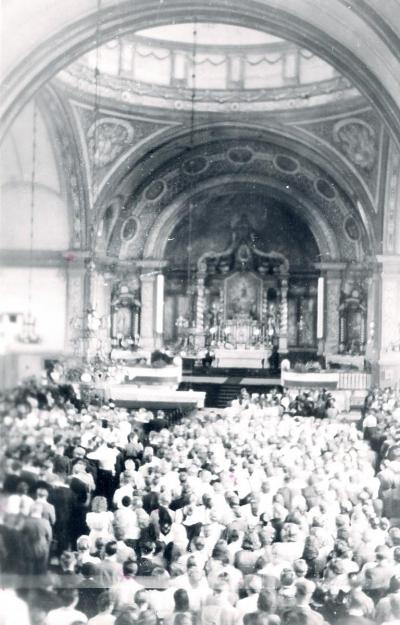
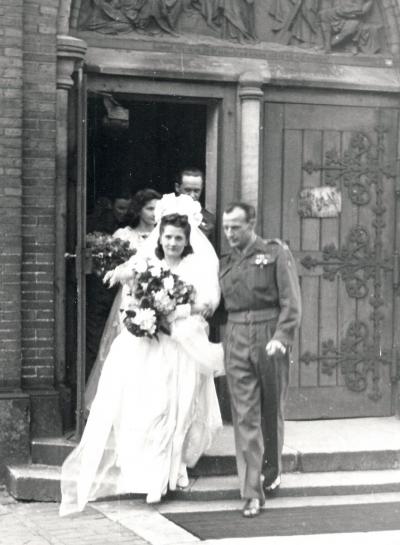


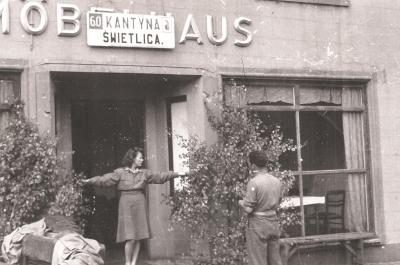



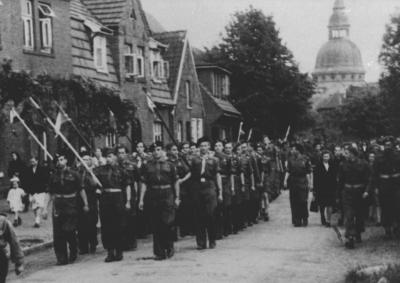

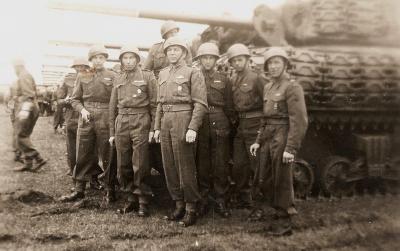
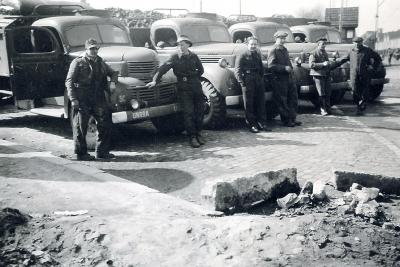
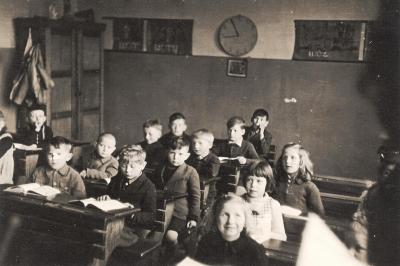
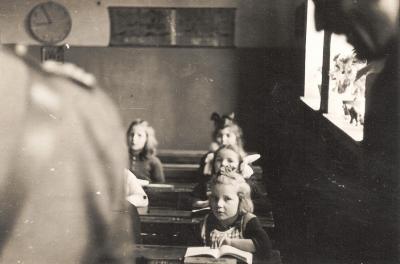
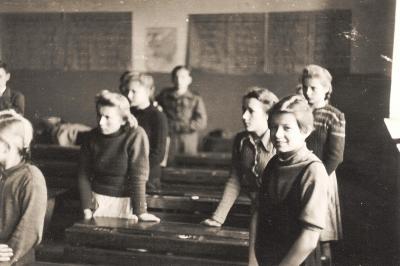
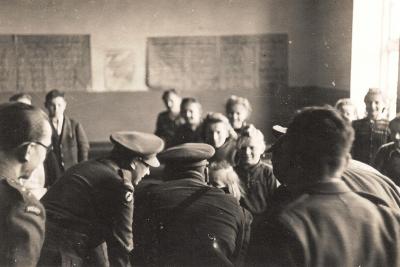
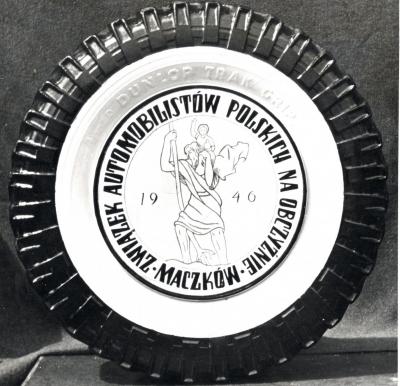












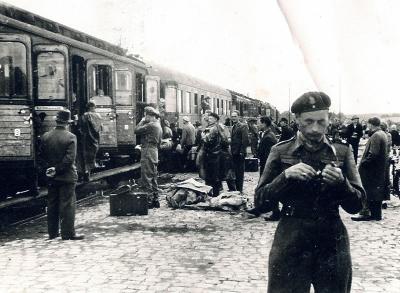
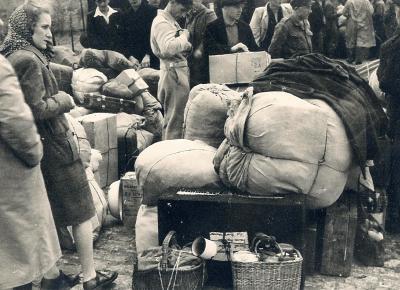
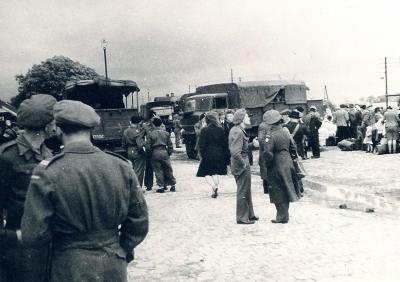
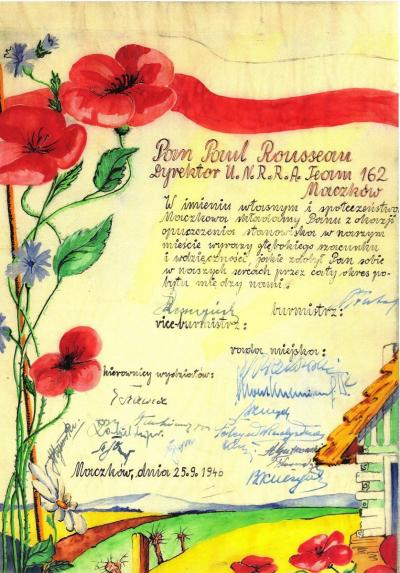
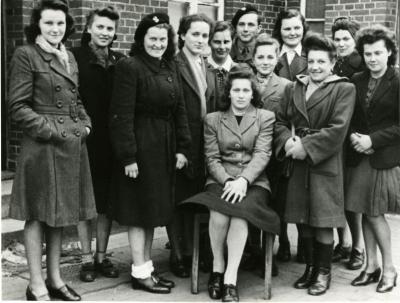
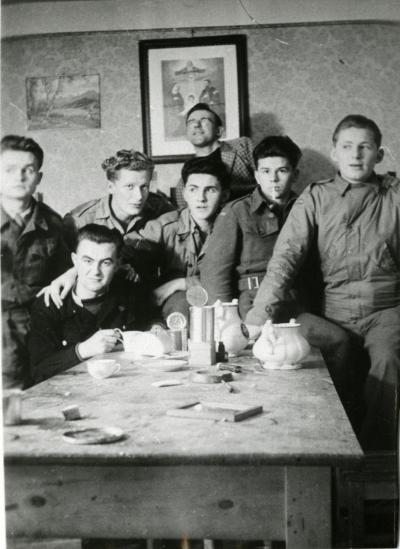
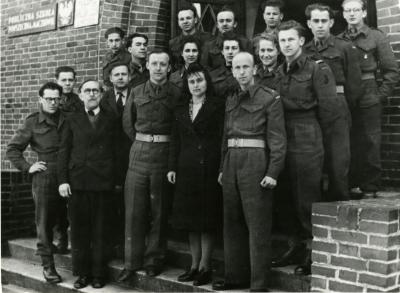
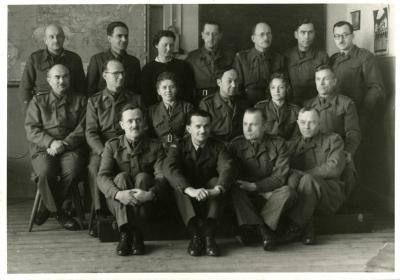
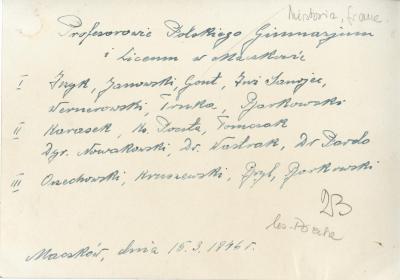
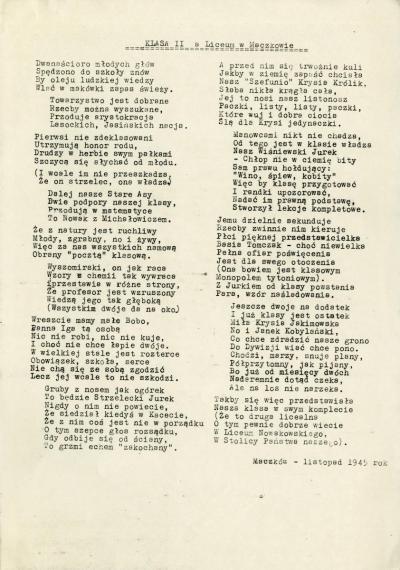
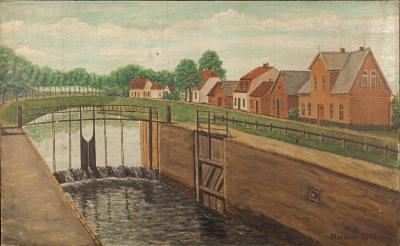
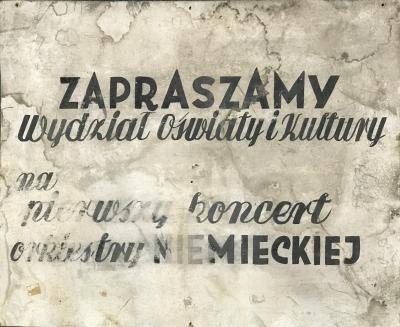
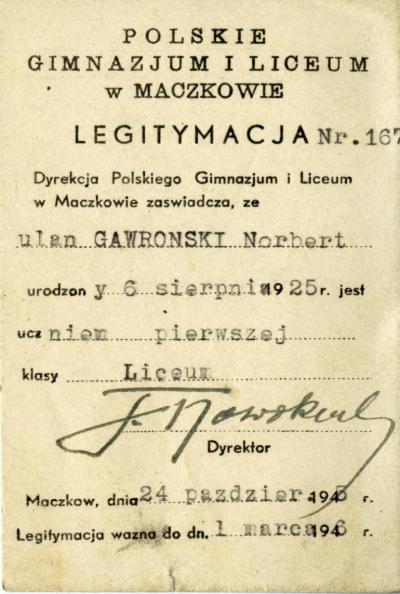
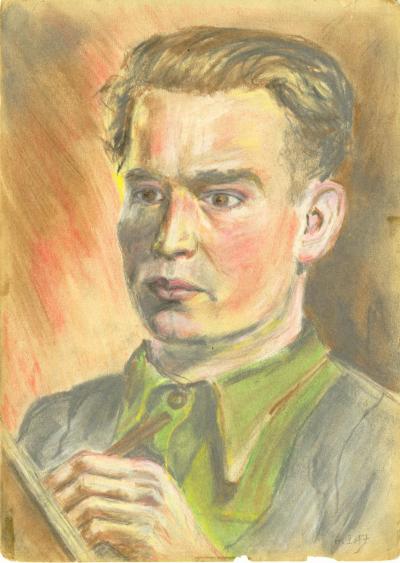





Maczków. Polnische Enklave in Norddeutschland - Hörspiel von "COSMO Radio po polsku" auf Deutsch

Paradies auf Zeit - wie aus Haren Maczków wurde




























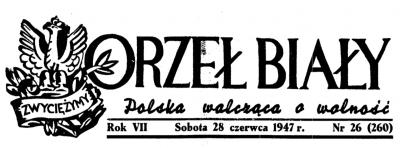
















































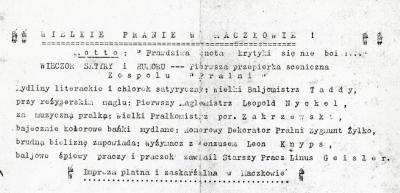


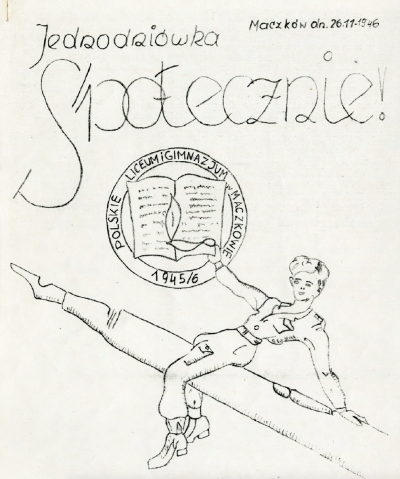












The school system
After the end of the war many people wished to complete their schooling or continue their education. Many of them even came into contact with a school for the first time. The general view was that education would help people find better paid work. But the necessary measures received insufficient and precarious support from the British occupying forces, UNRRA and the First Tank Division.
In this spirit, kindergartens, two primary schools, a secondary school, a lyceum, the vocational school "Polskie Gimnazjum Mechaniczne" (The Polish High School for Mechanics) and an adult education centre were quickly established in Maczków. Tadeusz Nowakowski was appointed headmaster of the secondary school and the lyceum. The teaching staff included another man called Tadeusz Nowakowski, who later became well-known in exile as the author of the novel "Obóz wszystkich świętych“, which was published in Paris in 1957 and dealt with Maczków. The German edition of the novel was published in Cologne in 1960 under the title "Polonaise Allerheiligen". The first parts of the manuscript were set down by Nowakowski in a class register he had found at the school in Maczków.
There were 350 children in the primary school in Maczków and 268 in the secondary school and lyceum. The syllabus included the humanities and natural sciences. Alongside Polish, history, geography, chemistry, mathematics and religion were also taught. Attendance at the secondary school and the lyceum ended with the Abitur (A-levels).
The educational standards in Maczków were so high that the secondary school and lyceum also attracted students from outside. Since the high school had boarding facilities for girls and boys, applicants came from all over Germany. A-level qualifications from Maczków were regarded as the entrance ticket to universities in Germany and other European countries. That said, It was no easy matter to transform into an eager student after the many tragic experiences during the war.
"We wanted to learn and make up for the years lost in the war”, recalled Józef Szajna (Maczków, 1947), a respected artist and former prisoner of the Auschwitz concentration camp. I wasn't a good student. “It took me four hours to finish what others did in 40 minutes. Complexes arose within me and my self-confidence suffered. It was as if my long stay in a concentration camp had erased my concentration and discipline (...). The school building still exists. Our teachers were former prisoners of war from the officers' camps. Most of them came from the Murnau Oflag and had been teachers before the war. The demands were high and the level of the students very different. Even though the church was very large and we attended Holy Mass every Sunday, we could not count on God's help. The soldiers who had grown up during the war, the partisans and the female participants in the Warsaw Uprising faced the exams with fear (...)"(quoted in Lembeck, p. 102).
The adult education centre aroused great interest among the DPs. A total of 150 people attended the courses in history, geography, technology and other subjects. Foreign languages were very much in demand, especially English, as a command of English could be useful when emigrating. English was taught by two teachers whose courses were attended by 200 DPs.
As time went by, the Emsland became a centre of Polish education in Germany. Maczków was the headquarters of the Third School District, whose supervisory authority was headed by Szczepan Zimmerer. He determined the curricula together with the regional school authorities.
Following the return of DPs to their homes and emigration to other Western countries pupil numbers decreased and the schools were gradually closed. School operations were finally discontinued at the turn of 1949.





















































































